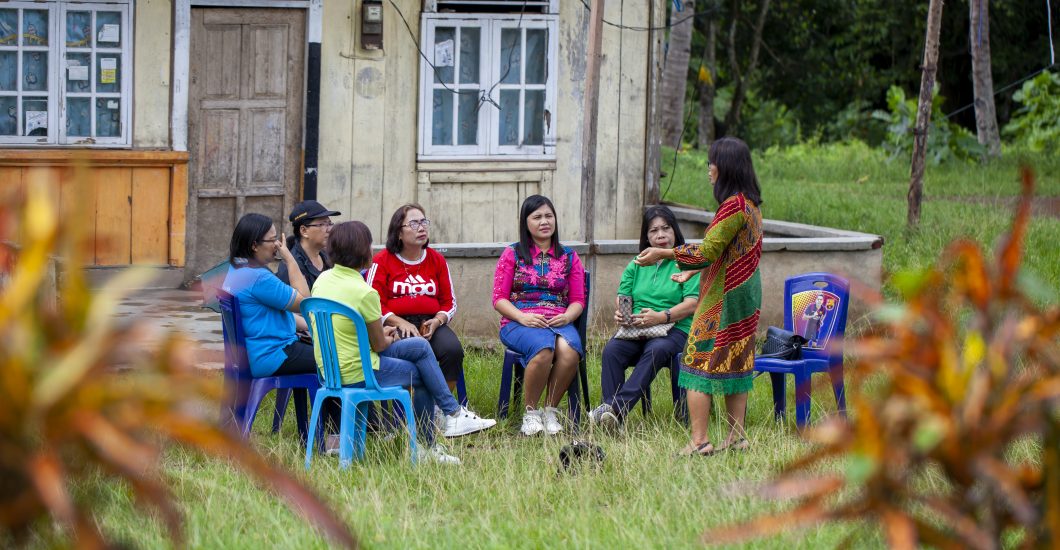Communities of practice
Short description of the three Communities of Practices currently operational or starting and with the target group it is for.

NLR Alliance Communities of Practice
NLR’s Communities of practice (CoP) are groups of people who share a common concern, a set of problems, or an interest in a topic and who come together to fulfill both individual and group goals. They share best practices, create new knowledge to advance an area of professional practice, but may also provide input for strategic policy development. The CoPs interact on an ongoing basis through web-based meetings and workshops, as well as through occasional face-to- face meetings.
Below you find the three Communities of Practice within NLR that are currently active, and their objectives, target groups and activities. If interested, please contact the TCBiA project coordinator.
1. Inclusion, stigma and mental wellbeing
Objective:
- Contribute to strategic program and project development of NLR on inclusion, stigma and mental wellbeing: develop and revise Theory of Change, define indicators, initiate and discuss evaluations
- Improve the quality of the programmes and projects at NLR through regular learning and exchange sessions
- Keep practitioners informed on international developments within the thematic areas
Target group:
- NLR practitioners working on inclusion, stigma and mental wellbeing.
Activities:
- Regular online meetings and face to face meetings including field visits (to share and learn on thematic developments within and outside the alliance, and develop or provide input to programme and strategy development)
- Evaluation of (zero exclusion) program
- Share information on (inter) national webinars and conferences.
- Share relevant new documentation.
2. Zero Transmission
Objective:
- Support the operationalization of the NLR Multi Annual Strategy by ensuring the scale up of prevention of leprosy, invigorating leprosy control programmes
- Actively exchange knowledge, learnings and innovative ideas to contribute to stopping transmission of leprae
Target group:
- Colleagues across NLR, who give advice on embedding preventive services in leprosy control programmes and those involved in the implementation of projects aimed at reducing transmission of leprae.
Activities:
- Meetings and workshops for knowledge exchange and shared learning.
- Attending (inter)national conferences to share results and get updates on recent developments.
- Advocate for support from relevant stakeholders to scale up and improve preventive services.
- Assess progress and propose adapted and/or innovative ways of working.
3. Research
Objective:
- Provide a platform for sharing, learning and knowledge exchange amongst those engaged in research projects
- Support the training of fellow NLR colleagues to (further) grow in the research domain
- Improve the quality of research projects
Target group:
- Colleagues within NLR who are advanced in and experienced with research as well as colleagues who want to (further) grow in the field of research.
Activities:
- Training sessions and mini courses on various aspects related to research, such as proposal development, abstract writing, presentation skills, study designs, ethics, data management and data analysis. Courses may be given in collaboration with LRI and other (external) organizations.
- Journal Club meetings to discuss scientific publications with a core group of researchers.
- Attend (inter)national meetings / conferences to share results, learn and network.